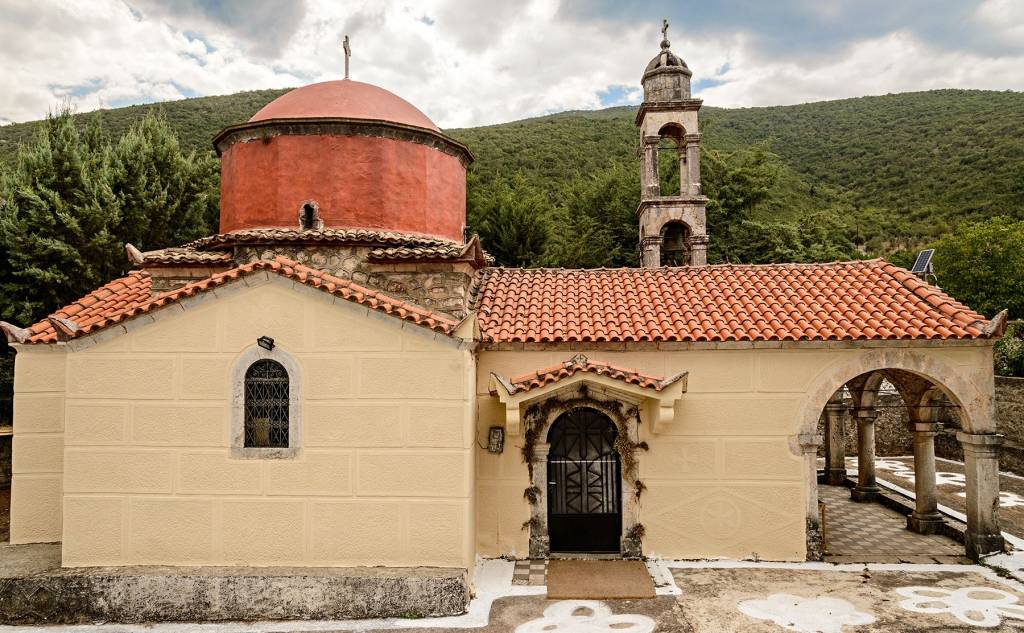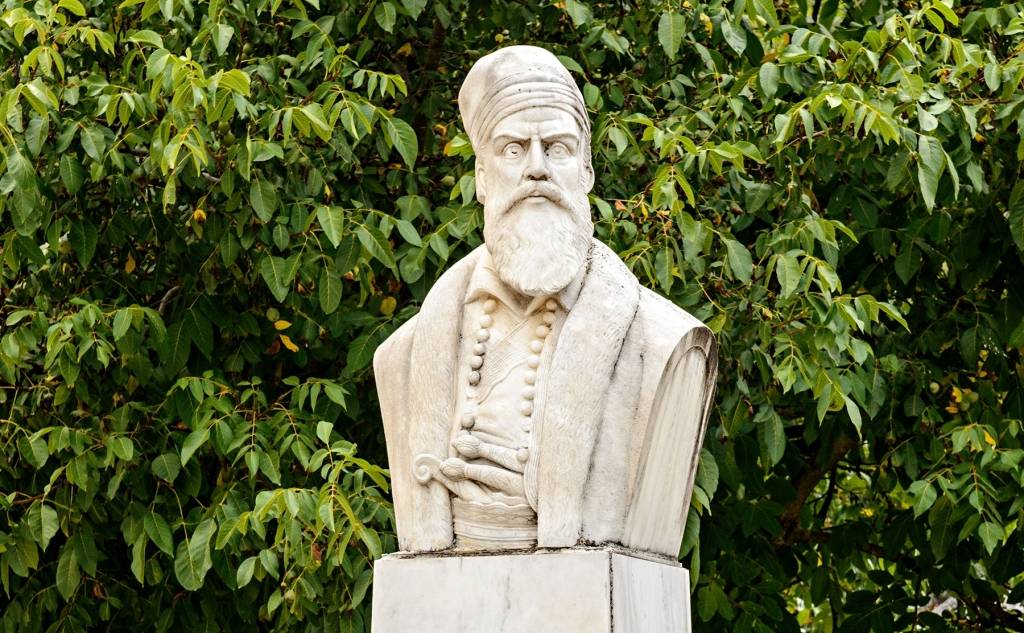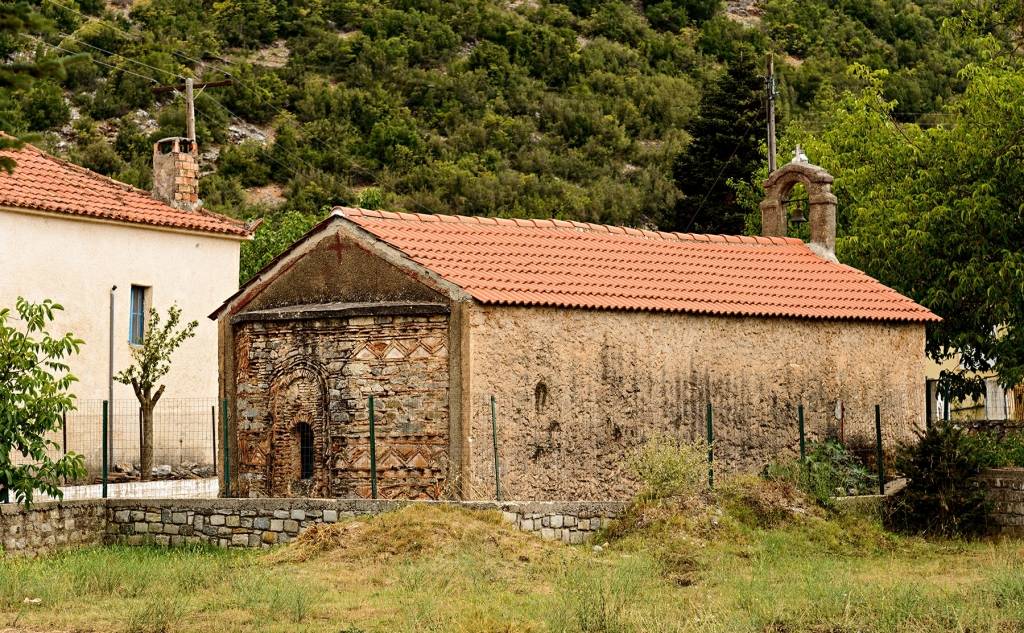







The mountainous village of Poliani is built at an altitude of 680 metres and is 21 kilometres from Kalamata. It has approximately 50 permanent residents. The village has its roots in Byzantine times, the heyday of the Despotate of Mystras. Regarding the origin of its name, there are various versions. However, the most prevalent is the one claiming that the name comes from the many temples there. Specifically, Poliani had 72 temples, of which 30 are preserved today. According to another version, the name of the village comes from the Slavic word "poljane", which means "field" or "plain area".
Poliani is the birthplace of the heroes of the National Revolution, Papaflessas (Gregorios Dikaios) and Anagnostaras (Panagiotis Koromilas), as well as engineer Panagiotis Bitsanis (1860-1928). In fact, in the village, there is still the house where Papaflessas was born, as well as the ruins of the first free Primary School after the Revolution of 1821. Also, in the village, the century-old mulberry tree, known as the " Papaflessas’ Mulberry tree", still stands.
In the village, the Byzantine church of the Assumption, which architecturally belongs to the free crosses type, stands out. Inside, the church is decorated with frescoes from the 13th-14th century, while the bones of Papaflessas have been put in a particular case on the church’s facade.
Also, the Byzantine church of the Holy Cross which, based on ceramic evidence, dates to the 13th-14th century, is noteworthy. The church is a single-aisle basilica with a flat wooden top and a three-sided exterior niche.
In Poliani, visitors can also see the ceramics workshop (ceramic kiln), which, during the 19th century and until the end of the 1940s, produced large, "Byzantine" type tiles. In fact, many of the tiles were sealed, a rare practice in the Greek area at that time. In particular, nine types of seals can be distinguished, corresponding to the various potters of the time.
Finally, from 2020, every July, the "Papaflessas" Cultural Association organises the "Apple Festival" in the village, where a traditional festival is held with rich local dishes.